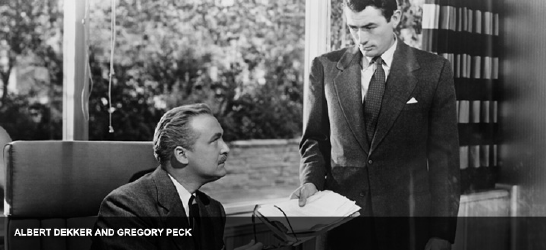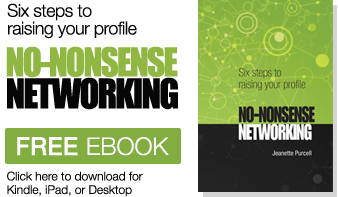How to create a winning bid
When did you last win a major piece of work without having to put in a bid? Doesn’t happen very often does it? At the very least you or your company will probably be used to writing proposals on a regular basis, or submitting statements about why you should be given the job.
Not many years ago tendering was largely associated with large supplier contracts or with public sector procurement. Now, bidding for work is common practice for most organisations. In a heavily regulated environment, companies are under pressure to manage risk, act with integrity and to demonstrate transparency in all their dealings – especially with their suppliers. Jobs for the boys are a thing of the past. It takes more than a quick chat and a handshake to win work these days.
Often the task of preparing a proposal or bid falls to staff who lack the required training and skills. They may be senior managers, they may be experts in their own field, but have they had any experience in bidding? Do they really know what makes a winning bid? For such a crucial task it is surprising that companies don’t spend more time developing staff in this area. Putting together a tender is not difficult, but knowing more about the process, the pitfalls and what makes a winning bid can make all the difference.
There is always the context to take into account when helping businesses to create winning bids. What is the company trying to achieve? How is the company positioned? What are its strengths and how are they communicated? When I am working with teams or individuals on the subject of bidding, the answers to these questions inform the design, content and presentation of the bid document. There are also some general tips and techniques which help to create the perfect bid. My top ten tips are at the end of this article. If I had to highlight one tip it is the importance of asking questions. In my experience people are reluctant to enter into a dialogue with a buyer or prospective client during the bidding process. They are even more anxious about asking questions, fearing this will be taken as a sign or ignorance or weakness. On the contrary, asking intelligent, questions demonstrates that you are interested and want to ensure that your bid is relevant, useful and informative. It also helps you to build a relationship with the buyer. And evidence shows that buyers tend to give the job to people they know they can work with.
The old boy network may be a thing of the past, but relationships still matter! Download JPA’s Top Ten Tips for creating a winning bid here: Top Tips for creating a winning bid
Both comments and pings are currently closed.


















